If distribution ever was just a case of ‘box-shifting’ then today’s industry couldn’t be any further from that basic concept, with a huge shift in trade customer expectations and layers of service and problem solving part of every distributor’s daily routine. Torque examines the shifting nature of the supply game…
A few weeks ago, Amazon brought its latest game-changing service to the UK – the Dash Button. If you’re unfamiliar, the Dash Button is – you
guessed it – literally a button that Amazon Prime customers can press to reorder typical consumables, such as pet food, laundry products or nicotine patches.
By linking Dash Buttons to Wi-Fi, the next time you realise Tiddles is running low on Kitekat you simply press the button you handily placed in your pet food cupboard and Amazon will have 12 tins of Chicken in Jelly on your doorstep by sundown (or thereabouts). Manufacturers have bought into the concept including brands like Ariel, Gilette and Nescafe. Customers have to pay £4.99 to buy their first Dash Button but in return they get £4.99 off their first order.
“We’ve all experienced the frustration of running out of something we need— Dash Button and Dash Replenishment Service are designed to make that moment a thing of the past,” said Daniel Rausch, Director of Amazon Dash in a press statement. “Dash Buttons… can be placed near those frequently used items you don’t want to run out of… just press the button and your item is on its way.”
It’s all a very long way from when Co-Operative Food opened the first self-service store in the UK (in Southsea, in 1948), but is just the latest measure by retailers attempting to make shopping from them easier and more convenient for their customers.
Amazon is one of the businesses regularly named as having done the most to change customer expectations, not just in the home but also in industry – reflected in a number of interviews in Torque’s September magazine with a distribution bosses.
Andy Knight, Sales Director of Precision Technology Supplies, explained this point deftly to Torque (in our last issue): “Everyone wants product quicker and they expect you to have the depth of range and product. We offer express deliveries and that’s just the way it is. It happens everywhere and the world as a whole is quicker – you can order on Amazon and they can get deliveries to you in two to three hours. People see that and say ‘why not for us too?’”
Other distributors speaking to Torque have backed the view that trade customer expectations have significantly increased, almost by the day. Staytite Managing Director Andrew Black said: “Next day delivery is something customers want to see. You need a high level of stock for that and we are fleet of foot and able to react quickly.
“Our customers don’t like to carry a lot of stock, including the distributors – they don’t want to commit to it and that’s a marked difference to the situation one or two years ago. That is risk mitigation and it is understandable.”
Aside from faster reactions and deliveries from distributors, environmental concerns have also reframed supplier practices. Star Fasteners Director Nicola Smith explained to Torque: “Customers, particularly the large ones, ask that we deliver their orders in an environmentally responsible way – so that means more bulk orders and fewer small ones to help reduce the environmental impact.”
While Amazon’s Dash Button may seem almost futuristic, it does still requires a few levels of input – not least from the customer having to notice that their stocks of Kitekat (or similar) are low in the first place, before placing an order (albeit with very little effort).
Distributor technology in the fastener world has in many cases outstripped this. For Apex Supply Chain Solutions and its Actylus system, its bin inventory levels are monitored automatically, with alerts sent to customers when levels drop to pre-set minimums, prompting customers to place orders without the need for manual stock level checks.
It’s beyond doubt, however, that companies like Amazon have contributed to a change in consumer and industry customer expectations, while perhaps the internet has done more than anything to shift the world to a culture of ‘now’. In the meantime, distributors will continue to grapple with Industry 4.0 and the latest advances in the supply world, all while actually shifting boxes across the country and around the world. Now, does anyone know how many M16 collared eyebolts a drone can carry?
Have your say and email jonathon@torque-expo.com

